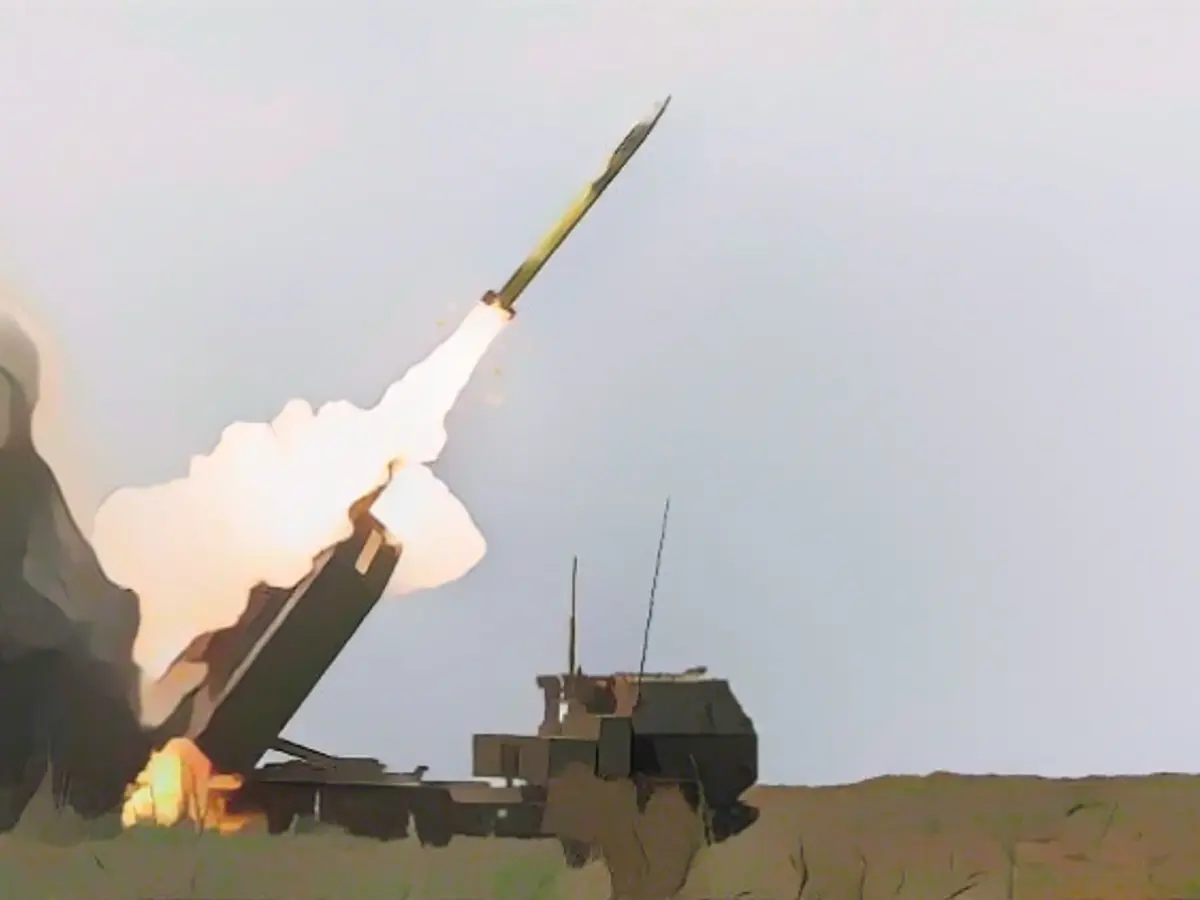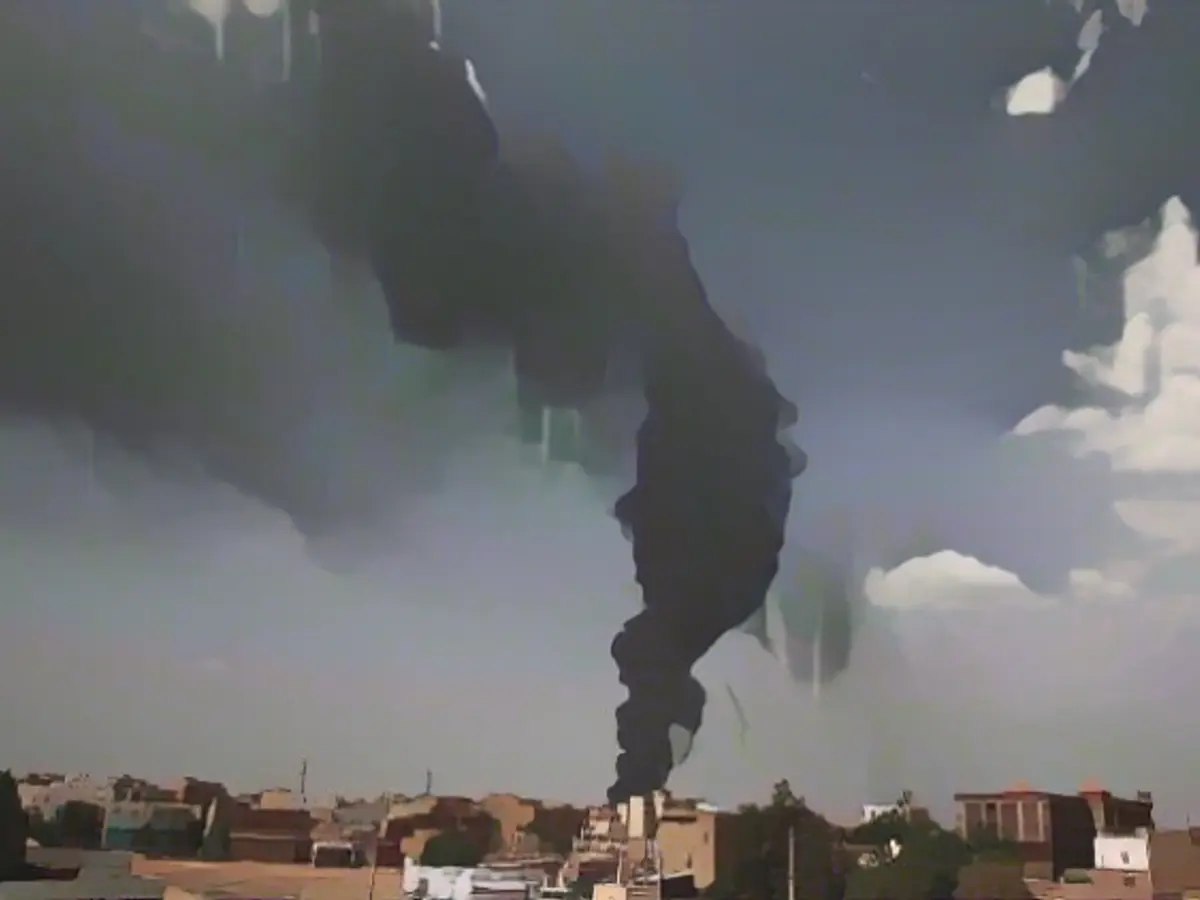Conflicts: Longer, Intensified, and Harder to Solve
Nowadays, conflicts are becoming increasingly intense and tricky to settle, leading to prolonged durations. According to the London-based think tank, the International Institute for Strategic Studies (IISS), the trend towards intractability is apparent in the escalating duration of conflicts, which averages around 30 years compared to less than 20 years in the early 1990s.
One example of this elusive conflict is the Russian war against Ukraine. The country's reconstruction relies on security guarantees for Kiev, which remains unattainable. As a result, the diplomatic and military stalemate suggests a potential years-long conflict. In a broader sense, violent events are on the rise worldwide.
Factors Influencing Conflict Duration
The contributing factors to this escalated intensity and insolubility include:
- The influence of non-state armed groups, operating as both conflict parties and political actors, highlighted by the decline in state legitimacy.
- The internationalization of internal conflicts through the involvement of third parties, which has intensified.
- The heightened competition between traditional, emerging, and revisionist powers, causing the retreat of democracy and geopolitical fragmentation.
The Russian-Ukrainian Conflict: Adapting Tactics
In the Russian-Ukrainian conflict, Russia has adapted its tactics, focusing more on infantry-led assaults to address operational challenges, which could impact the conflict's duration.
The global redistribution of economic power and shifts in geopolitical threats also impact conflict strategies, affecting the security landscape.
Although the IISS does not directly address the average duration of armed conflicts, the available information suggests that various interconnected factors contribute to their persistence and complexity, including the conflict's multifaceted nature, the exploitation of natural resources, and the involvement of external actors.






